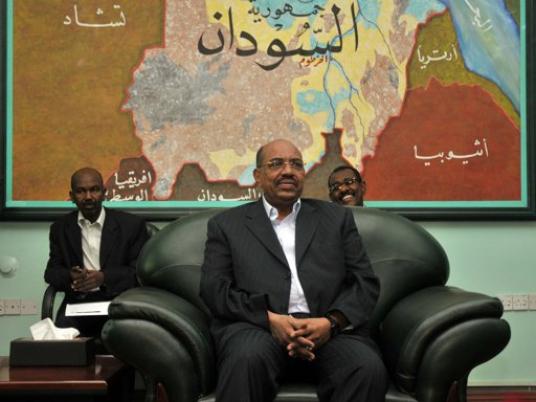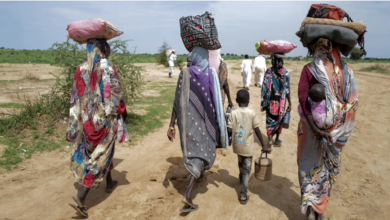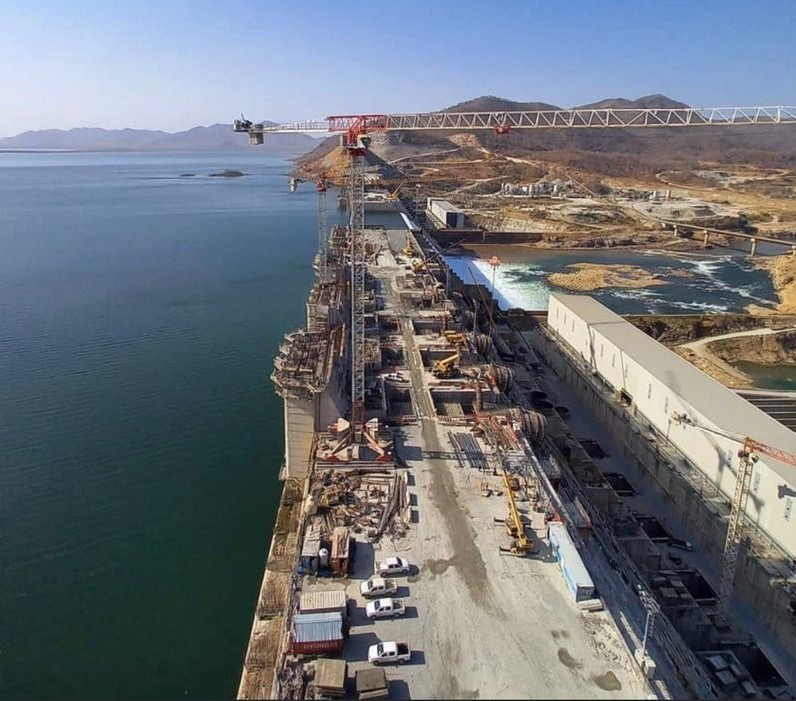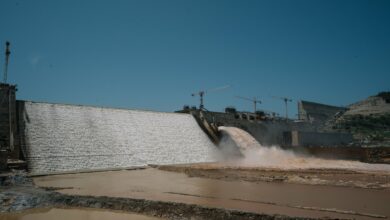
Sudan's President Omar Hassan al-Bashir on Sunday dismissed anti-government protests over a severe economic crisis as the work of "a few agitators."
More than a week of protests sparked by austerity measures have spread across the capital Khartoum and other cities, expanding beyond the core of student activists who hoped to turn public discontent into an "Arab Spring" movement.
But in a speech late on Sunday, Bashir dismissed the demonstrations.
"They said the economic measures were a chance for the Arab Spring, but we've already had the Arab Spring a number of times," he said. "When the Sudanese people revolt, they all come out. The people who are burning tires are a few agitators."
Popular uprisings have overthrown military rulers in Sudan twice since the country gained independence from Britain in 1956 — once in 1964 and again in 1985.
Police vowed late on Saturday to quell the latest unrest "forcefully and immediately."
While Khartoum appeared to be quieter on Sunday, a protest of about 150 people broke out in Obeid, capital of North Kordofan state, witnesses said. Police dispersed the demonstration with teargas, they added.
Activists said police also fired tear gas to disperse student demonstrators at the University of Khartoum, a major hub of the protests, but it was not immediately possible to verify that independently.
A Reuters reporter saw a heavy police presence in the area and rocks strewn on a street near the campus. The police were not immediately available to comment.
The impetus for the demonstrations was the government's announcement last week of spending cuts to tackle an economic crisis worsened by the secession of oil-producing South Sudan a year ago. The measures included a cut in fuel subsidies.
Activists and opposition groups have been trying to use discontent over rising food prices and other economic woes to build a broader movement to end Bashir's 23-year rule.
But although spread across a wide variety of neighborhoods, the demonstrations have so far lasted for only short periods and rarely exceeded more than a few hundred people at any one time.
The unrest in Khartoum has been an added pressure for a government already grappling with armed insurgencies in its western Darfur region and in two southern states bordering South Sudan.
An insurgent alliance known as the Sudanese Revolutionary Front issued a statement on Sunday praising the demonstrations and saying the rebels were ready to declare a "strategic cease-fire" if Bashir were to be overthrown.
The alliance was formed last year and encompasses Sudan's main rebel groups — three factions of Darfur rebels plus other insurgents in South Kordofan and Blue Nile states bordering South Sudan.
Sudan has faced high food inflation and a weakening currency since South Sudan seceded, taking with it three-quarters of the country's crude production — previously the main source of state revenues and foreign currency.




